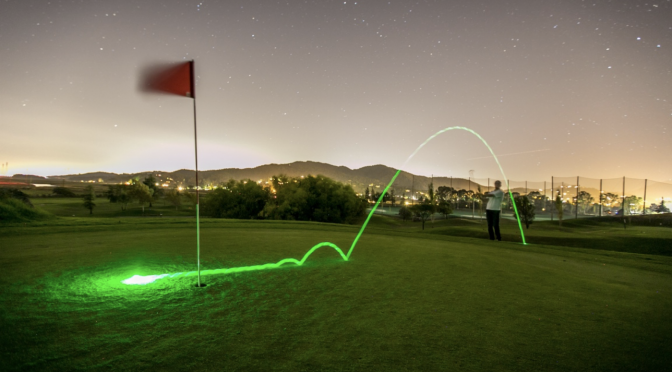The Department of Mathematics at UH Mānoa in Honolulu, HI will host a Fall 2025 Graduate Research Community. The research community will consist of a group of six graduate students in mathematics who will spend a semester working together on a common research project. Activities of the reseach community, including regular professional development activities, will be lead by Dr. Daniel Erman and Dr. Elizabeth Gross.
This opportunity is open to graduate students at all stages along their research path, from those who are just beginning (no previous research experience is necessary) to those who are nearing graduation and would like to expand their expertise and research networks. Students from small programs with limited opportunities to connect with other students working in their same research area are especially encouraged to apply.
More information can be found here.
See also this UH news article about the program.




